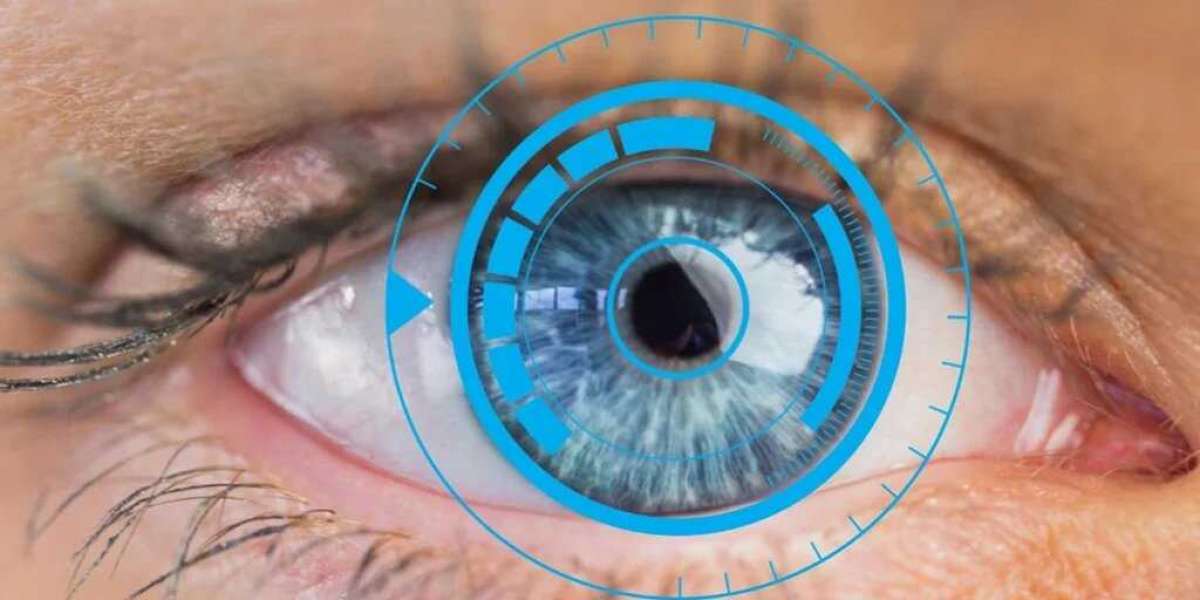Introduction
LASIK treatment has transformed vision correction, allowing millions to enjoy clear sight without glasses or contact lenses. However, ensuring long-term eye health after LASIK is crucial, especially when it comes to protecting the retina. The retina plays a vital role in vision, and while LASIK reshapes the cornea, post-surgical care helps maintain overall eye health. By following simple yet effective eye care habits, patients can enjoy the benefits of LASIK for years while reducing the risk of complications.
The Importance of Retina Health After LASIK
The retina is a delicate layer of tissue at the back of the eye that captures light and sends signals to the brain, allowing you to see clearly. While LASIK primarily affects the cornea, certain conditions—such as high myopia (nearsightedness)—can increase the risk of retinal issues. Post-LASIK care should focus not only on corneal healing but also on retinal protection to ensure long-lasting vision clarity.
Tips for Long-Term Retina Protection After LASIK
1. Schedule Regular Eye Exams with a Retina Specialist
- After LASIK, routine check-ups with an ophthalmologist or retina specialist are essential to detect early signs of retinal issues.
- Retinal conditions such as tears, detachment, or macular degeneration may not cause immediate symptoms but can affect vision over time.
- A comprehensive eye exam, including retinal imaging, helps monitor eye health and ensures early intervention if needed.
2. Protect Your Eyes from UV Exposure
- Excessive UV light exposure can increase the risk of retinal damage and cataracts.
- Always wear sunglasses with 100% UV protection when outdoors to shield your eyes from harmful rays.
- Consider wide-brimmed hats for additional eye protection on sunny days.
3. Follow a Nutrient-Rich Diet for Retina Health
- A healthy diet plays a crucial role in maintaining retinal function and preventing degeneration.
- Include leafy greens, citrus fruits, nuts, and fish rich in omega-3 fatty acids to support eye health.
- Vitamin A, C, and E, along with zinc, help strengthen the retina and improve overall vision longevity.
4. Avoid Eye Strain and Digital Fatigue
- Prolonged screen time can lead to digital eye strain, affecting both the cornea and retina.
- Follow the 20-20-20 rule: every 20 minutes, take a 20-second break to look at something 20 feet away.
- Use blue light filters on screens to minimize retinal stress and reduce eye fatigue.
5. Stay Hydrated and Maintain Proper Eye Lubrication
- Dry eyes are common after LASIK and can impact overall comfort and vision quality.
- Drink plenty of water and use prescribed artificial tears to prevent dryness and irritation.
- Avoid smoking and excessive alcohol consumption, as they can contribute to dehydration and affect eye health.
6. Be Aware of Retinal Symptoms Post-LASIK
- Sudden floaters, flashes of light, or a shadow over your vision may indicate retinal problems and require immediate medical attention.
- Any sudden changes in vision should be evaluated by a retina specialist to rule out serious conditions like retinal detachment.
- Regular monitoring ensures that any potential issues are addressed promptly, preserving vision clarity.
7. Manage Underlying Health Conditions
- Diabetes and hypertension can increase the risk of retinal complications even after LASIK.
- Keep blood sugar and blood pressure levels under control through a healthy lifestyle and regular medical check-ups.
- If you have diabetes, ensure yearly retinal screenings to prevent diabetic retinopathy.
8. Follow Post-LASIK Care Guidelines Strictly
- Avoid rubbing your eyes, especially in the first few months after LASIK, to prevent pressure on the retina.
- Use prescribed eye drops and avoid swimming in pools or hot tubs to minimize infection risks.
- Sleep with protective eyewear if advised by your doctor during the healing phase.
When to See a Retina Specialist After LASIK
While most LASIK patients experience a smooth recovery, certain symptoms require immediate consultation with a retina specialist:
- Persistent blurry vision or sudden vision loss
- Increased floaters or flashes of light
- Distorted or wavy vision (metamorphopsia)
- Difficulty adjusting to bright lights or night vision issues
A retina specialist can diagnose and manage conditions like retinal tears, detachment, or macular issues, ensuring long-term eye health after LASIK.
Conclusion
LASIK treatment offers the gift of clear vision, but protecting the retina ensures its longevity. By prioritizing regular check-ups, healthy lifestyle habits, and early detection of retinal issues, patients can enjoy the benefits of LASIK without complications. Maxi Vision Eye Hospital, as a super specialty eye hospital, provides expert care, advanced diagnostics, and experienced retina specialists to safeguard vision health at every stage. Investing in post-LASIK eye care is the key to preserving sharp, clear vision for a lifetime.






